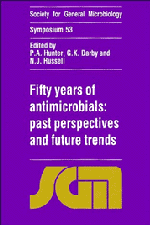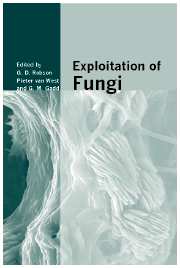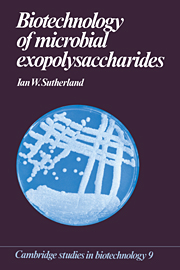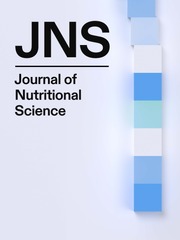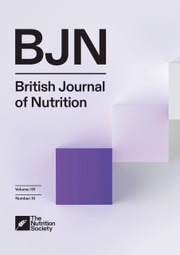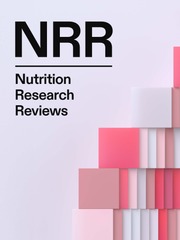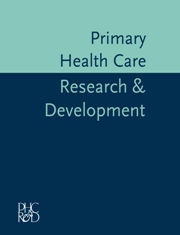Fifty Years of Antimicrobials
In the fifty years since the inception of the Society for General Microbiology the study of pathogenic microbes and the development of methods for their control have been a focus of attention for many microbiologists. This volume reviews the immense progress which has been made during the past half-century, opening with the text of Sir Alexander Fleming's 1946 Linacre Lecture Chemotherapy: Yesterday, Today and Tomorrow, and then drawing together contributions which consider the development of key antimicrobial compounds, both naturally occurring and synthetic, active against bacteria, viruses, fungi, and protozoa. Broader issues of antimicrobial production, screening, improvement, and resistance are also considered. Topics such as why epidemics still occur and the need for new antibiotics highlight the fact that, despite the advances, the fight against infection continues unabated.
- Reviews progress over the past 50 years and considers the challenges of the 21st century
- Society for General Microbiology's golden jubilee symposium volume
- Contains the text of a key lecture given in 1946 by the discoverer of penicillin, the late Sir Alexander Fleming (also the SGM's 1st president)
Reviews & endorsements
"Overall the book contains an impressive array of topics all related to the subject of antimicrobials....give[s] a good overview of antimicrobial history and would prove useful as a specific reference text. It may also have some use as a teaching text at more advanced levels." M.C. McQuarrie-Murray, CSM Newsletter
"Overall, the material covered in this book is clearly presented, fairly lucidly written, well referenced and indexed....This book should prove a worthwhile addition to a scientist's literary collection but perhaps more so for those individuals involved in antimicrobial research." L.G. Whyte, CSM Newsletter
"This volume substantially exceeded my expectations. Biochemical details are, in general, woven into cohenernt accounts of general research problems and historical progressions. In a number of places the lessons of the past offer potentially useful insights for future work." Marc Lipsitch, New Biological Books
"This volume substantially exceeded my expectations. Biochemical details are, in general, woven into coherent accounts of general research problems and historical progressions. In a number of places the lessons of the past offer potentially useful insights for future work." Marc Lipsitch, The Quarterly Review of Biology
Product details
May 1995Hardback
9780521481083
388 pages
235 × 156 × 26 mm
0.669kg
Available
Table of Contents
- Preface P. Hunter
- 1. Chemotherapy: yesterday, today and tomorrow A. Fleming
- 2. New developments in non-azole fungicides for humans P. Hunter
- 3. Discovery and development of beta lactam antimicrobials G. Rolinson
- 4. The need for new antibiotics
- possible ways forward H. Zähner and H.-P. Fielder
- 5. Control of fungi pathogenic to plants P. Russell, R. Milling and K. Wright
- 6. Quinolines: synthetic antibacterial agents D. Chu and L. Shen
- 7. Molecular genetics of antimicrobials: a case study of beta-lactam antibiotics G. Cohen and Y. Aharonowitz
- 8. Who needs new antimicrobials? J. Ryley
- 9. Why do we still get epidemics? K. Kerr and R. Lacey
- 10. Why do microorganisms produce antimicrobials? A. Demain
- 11. Antimalarials: from quinine to atovaquone M. Pudney
- 12. Genetic engineering of microbes: virus insecticides - a case study D. Bishop, M. Hirst, R. Possee and J. Cory
- 13. Only 35 years of antiviral nucleoside analogues! G. Darby
- 14. Antiprotozoal drugs: some echoes, some shadows S. Croft
- 15. Biocides: activity, action and resistance A. Russell and N. Russell
- Index.

